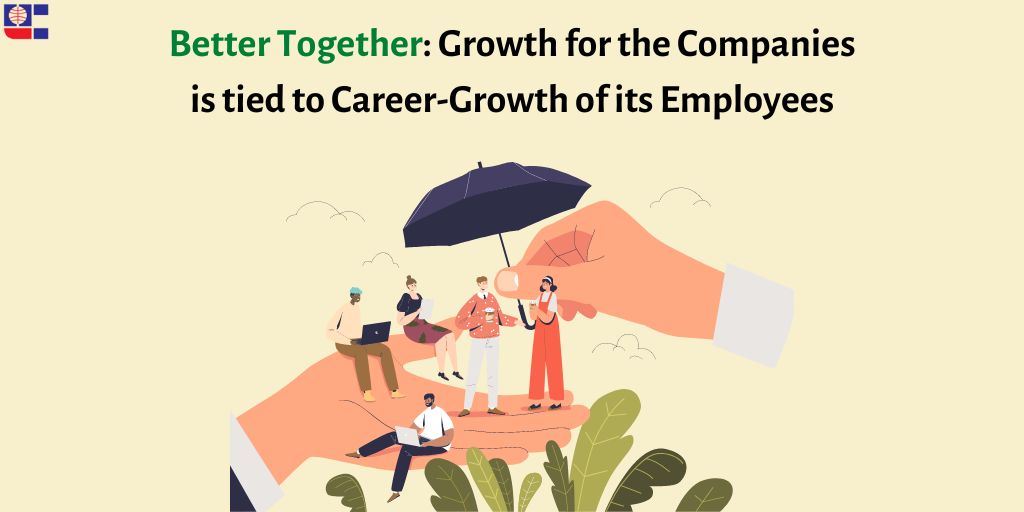
Have you ever had a very frustrating day where whatever you tried just never gave results?
Well, Sunny was having one such day.
He looked tired and frustrated as he was working on a coding project. Raj noticed it, and asked if everything was alright.
‘Oh no. I have been stuck on this since hours. Coding is supposed to be my passion. How would it all work if I cannot work on my passion endlessly. Turning your passion into a profession is supposed to be easy, isn’t it?
‘No, my friend.’ Raj began to explain:
‘Somehow the popular culture makes us believe that if we choose a profession we love, that is, something we have a passion for, we would enjoy it so much that we would feel we need not work a day in our lives. That is a wrong belief. No matter how much we love what we do, there will be times when we need a break, when our job will put some pressure on us. We will feel tired while working on it. We shouldn’t feel guilty about it. It is natural to feel overwhelmed and pressured with our work at times. You can choose to either let it push you forward or backward.’
There was some relief but also some guilt in Sunny’s eyes. ‘I did indeed feel overwhelmed. Been feeling so since a couple of days. So much so that I took a little smoke after years yesterday…’
‘Oh my, don’t do this to yourself!’ Raj exclaimed. He went onto explain again,
‘Don’t you remember how it used to be when we were children? Even with the games we loved to play, we would sometimes win, and sometimes lose. Sometimes we would be out of form. It is completely normal to not be our hundred percent from time to time. Don’t let the fixation to be perfect consume you and don’t take up unhealthy habits to reach an unrealistic goal.’
Finally, it all made sense to Sunny, and he said to Raj, ‘You are right. I have been too fixated on this problem, and I am letting it consume me. I think I should step back, and take a break. I will start working on this tomorrow again, anew. Care to join me for a walk to the riverfront today evening?‘
‘Of course!’ And the two friends wrapped up their work for the day and left to go for a walk in the cool evening breeze.
The anecdote above gives us some crucial lessons. Let us have a quick look at these:
- No matter how much you love your work and your field, there will be times when you will feel tired and overwhelmed from it. You might even dislike your choice of career for those few moments or even hours! The popular saying that do what you love and you won’t have to work a day in your life is not always true.
- That being said, one shouldn’t have extreme responses to this. Getting frustrated at a job you love doesn’t mean you should quit it, or resort to unhealthy habits or think that you made a mistake in choosing your career. Remember that the pressure, the frustration, the overwhelm are all temporary and more or less fleeting. Usually, each one of us goes through phases of easily doable assignments as well as the trickier ones.
This finally leads to the last point to keep in mind.
- Just as a symphony of music has high and low notes, similarly, the work we do, our professional targets and aims, our working also goes through high and low notes, and all other notes in between. As the anecdote suggests, sometimes, we are in great form, and sometimes, it takes time to get on track. That doesn’t mean we are worthless entirely. Or that our love for our work is gone. Or that we will never be able to do great work again. We must remember that it is the variety of notes that makes a piece of music worth listening to- otherwise it would all be unpleasantly stuck on one note.
Understand the music that the work we love doing is, and we would be able to learn more, do better work, and have a great time working!





